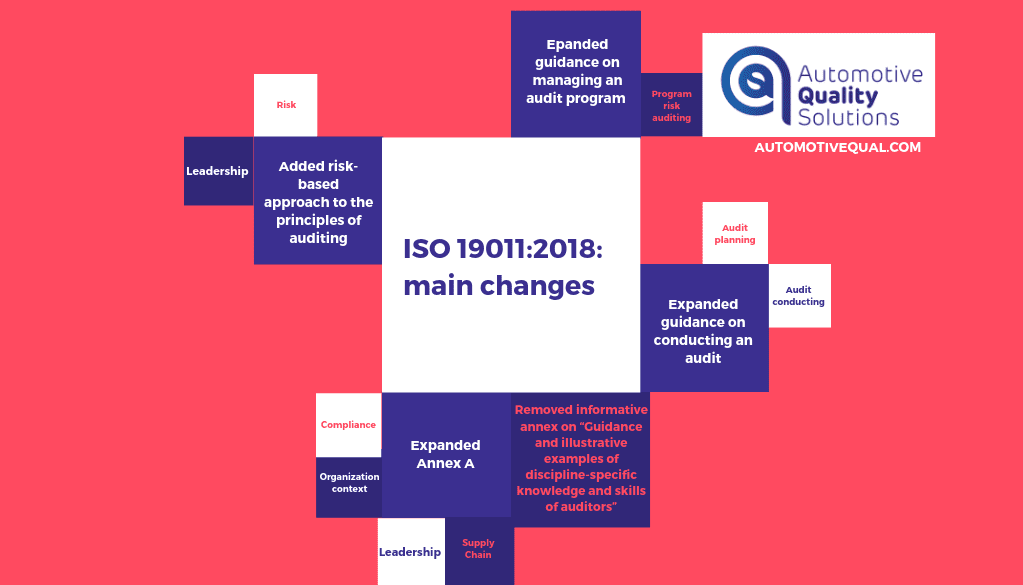An effective quality management system requires ongoing maintenance and improvement within the organization. Auditing is a critical tool for assessing and enhancing these systems. The ISO 19011:2018 standard provides comprehensive guidelines for auditing various management systems.
It is important to note that this standard contains recommendations, not requirements, and therefore compliance does not result in certification. Instead, the standard offers guidance for conducting internal audits and evaluating the competencies of individuals involved in the auditing process.
Key Features of ISO 19011:2018
One of the notable strengths of this standard is its universality. It applies to organizations across all industries, regardless of their size or the types of management systems implemented.
The standard promotes a standardized and harmonized approach, enabling efficient auditing of multiple systems simultaneously. Its primary aim is to foster consistency, credibility, and value in auditing practices across diverse organizational contexts.
Enhancements in the Latest Edition
The third edition of ISO 19011 aligns with updates to key management standards, such as ISO 9001 and ISO 14001, which now follow the Annex SL structure. This ensures uniformity in standard frameworks and emphasizes a risk-based approach.
Notable Changes in ISO 19011:2018
- Emphasis on a Risk-Based Approach:
The updated guidelines address risks associated with audit programs and expand on managing these risks effectively. - Updated and Expanded Auditing Principles:
A new auditing principle has been added, enhancing the framework for consistent practices. - Integration of Stakeholder Requirements:
Statutory and regulatory requirements have been incorporated into the guidelines. - Enhanced Audit Planning:
Detailed instructions are provided for effective audit planning processes. - Broadened Competency Requirements:
New guidelines outline the expanded competencies for auditors, audit teams, and audit program managers.
The chart below illustrates key areas where competencies have been enhanced.

Do you want to deepen your understanding of these guidelines? We invite you to participate in our ISO 19011 training program, where we explore the standard’s principles and practical applications in detail.
Justyna Pawlisz


